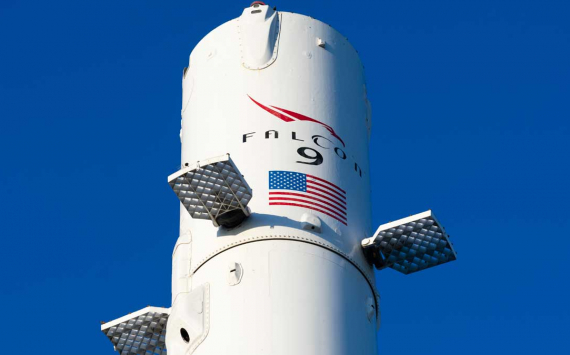
Delivering microsatellites into orbit
SpaceX intends to launch another 60 microsatellites into orbit for the Starlink network on 24 March.
"The Falcon 9 rocket is scheduled to launch from Cape Canaveral, Florida, at 04:58 US East Coast Time. This will be the 23rd launch of 60 satellites into space for the Starlink orbital network, owned by SpaceX", is indicated on the portal.
The launch was originally planned for 21 March, but was later postponed until 22 March. Meteorologists are predicting favourable weather for the launch this coming Wednesday. The company's three previous successful launches of 60 microsatellites each into space were carried out on March 4, 11 and 14.
The reentry vehicle's first stage, the B1060, is expected to reappear in an automatic vertical position on a floating platform in the Atlantic Ocean within about eight minutes of liftoff. It has already been in space five times, including three times this year. The multiple use of rocket stages allows Elon Musk's company to cut the cost of launching vehicles into orbit. Just Read the Instructions platform is expected to be used to land B1060 this time.
The Starlink network is designed to provide internet access by deploying a large number of small craft weighing up to 500kg into orbit. SpaceX estimates that it will cost $10bn to launch a total of 11,000 satellites and put them into operation. The company assures that it will be able to provide broadband internet with traffic speeds of 1 gigabit per second, which meets the 5G standard. Since May 2019, 1,323 microsatellites have already been delivered into space.








































